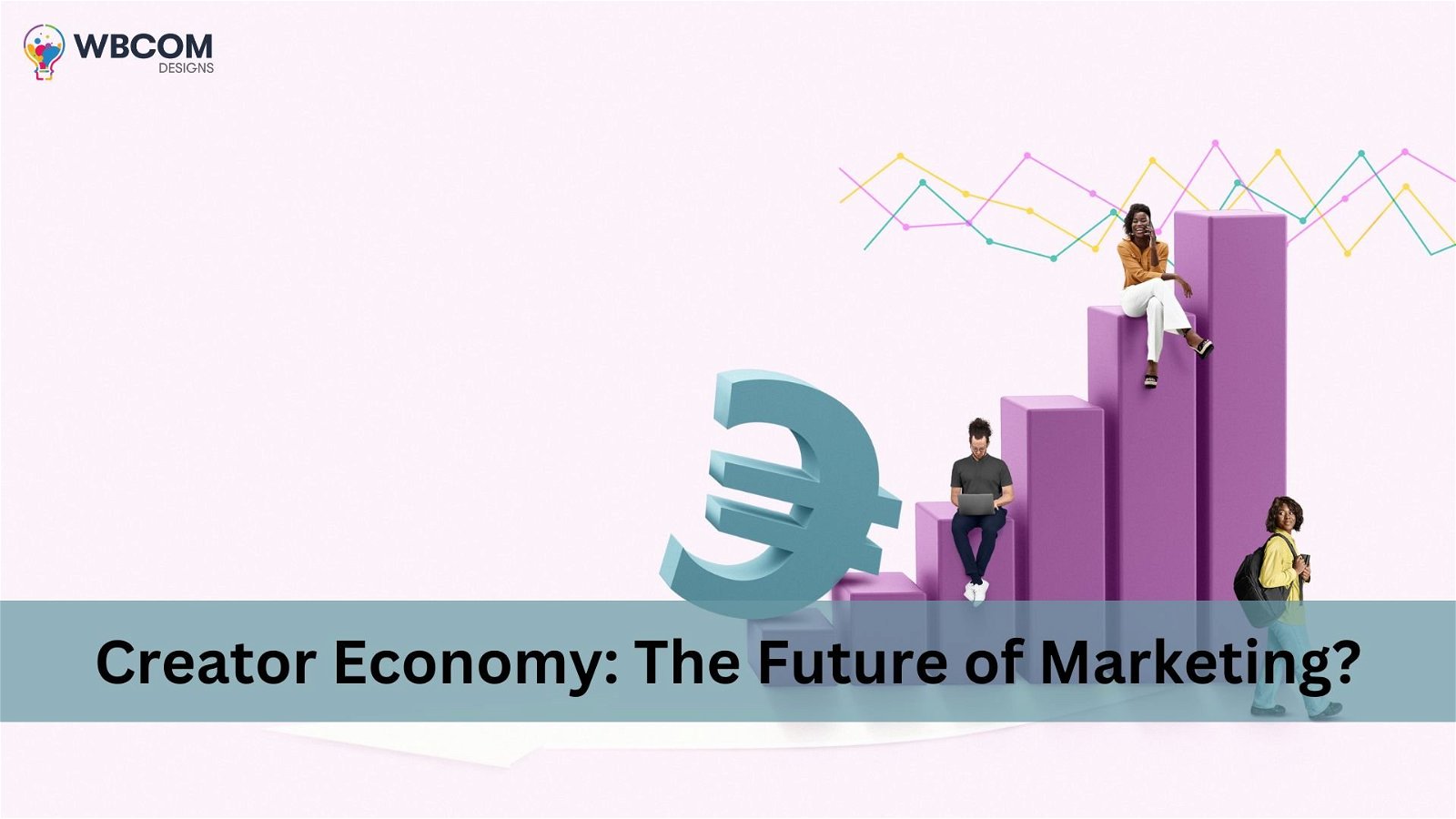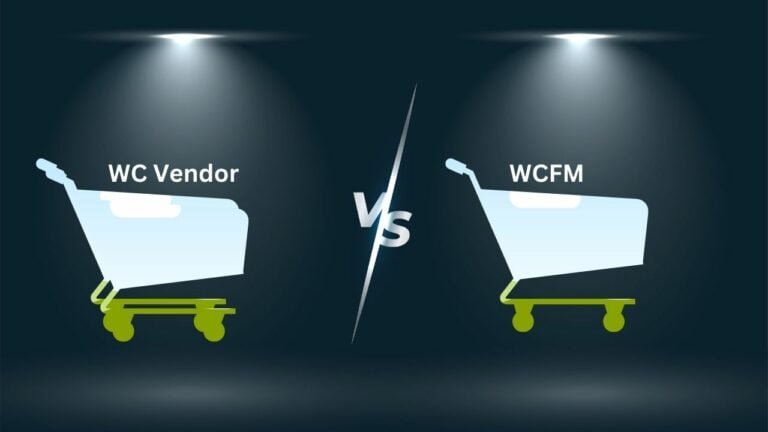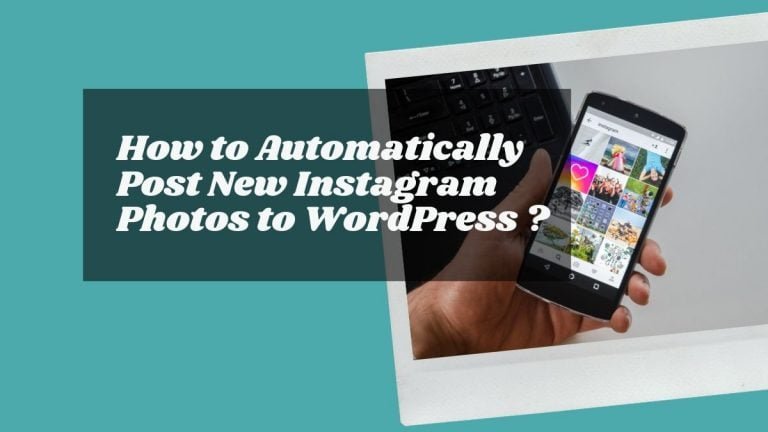The Internet’s evolution has transformed content creation, shifting from traditional media to a democratized landscape where anyone can contribute. Web 2.0’s interactive platforms, social media, and blogging have empowered individuals to become creators. Search engines and algorithms have influenced content strategies, emphasizing SEO for wider reach. Platforms like YouTube and podcasts offer new distribution channels and monetization opportunities, creating professional avenues for creators. However, challenges like misinformation and algorithmic biases highlight the ongoing need for responsible content creation in this dynamic digital era. in this blog, you will learn what is creator economy and the future of marketing.
Definition of the Creator Economy
The Creator Economy is the economic ecosystem driven by individuals who leverage digital platforms to create, distribute, and monetize their content, skills, or products. This emerging economic model has been facilitated by democratizing content creation on the Internet, enabling creators to reach global audiences directly. Creators in the Creator Economy can include content creators, influencers, YouTubers, podcasters, artists, writers, and others who build and monetize their brands through online platforms.
The revenue streams within the Creator Economy often involve advertising, sponsorships, brand collaborations, merchandise sales, crowdfunding, and other forms of direct monetization, challenging traditional employment structures and empowering individuals to turn their creativity and skills into sustainable businesses.
Historical Context
The Creator Economy has its roots in the broader evolution of the internet and digital technologies. Its historical context can be traced through several key phases:
Web 1.0 (1990s): The early internet primarily focused on static web pages and basic online communication. Content creation was limited to a select few with technical expertise. However, this laid the groundwork for a more interactive and user-centric online environment.
Web 2.0 (2000s): This phase marked a significant shift towards user-generated content and interactive online experiences. Social media platforms, blogging, and content-sharing websites emerged, democratizing content creation. Users became both consumers and creators, setting the stage for the participatory culture that defines the Creator Economy.
Rise of Platforms (2010s): Social media platforms such as YouTube, Instagram, and later platforms like TikTok became influential in shaping the Creator Economy. These platforms provided accessible and global distribution channels for content creators, allowing them to build audiences and monetize their work through advertising, sponsorships, and partnerships.
Monetization Models (2010s-2020s): As the Creator Economy matured, various monetization models emerged. Creators found new revenue streams beyond traditional advertising, including direct fan support through crowdfunding platforms like Patreon, merchandise sales, and exclusive content subscriptions. This shift reduced reliance on traditional media outlets and opened up diverse income opportunities.
Influence of Digital Marketing (2010s-2020s): The rise of digital marketing and influencer partnerships became integral to the Creator Economy. Brands recognized the value of influencers and content creators in reaching and engaging with target audiences, leading to collaborations and sponsorships that further propelled the economic aspects of content creation.
Technology and Platforms (2020s): Advancements in technology, such as improved video streaming, augmented reality, and virtual reality, have expanded the possibilities for content creation. New platforms, like Clubhouse for audio content and NFT (Non-Fungible Token) marketplaces for digital assets, continue to shape the Creator Economy by offering novel avenues for monetization.
The historical context of the Creator Economy is deeply intertwined with the evolution of the Internet, social media, and digital technologies. As the internet has evolved, so too has the ability for individuals to create, share, and monetize content on a global scale, giving rise to the dynamic and influential Creator Economy we see today.
Key Components of the Creator Economy

The Creator Economy comprises various interconnected components that collectively empower individuals to thrive as content creators in the digital age. Central to this ecosystem are Content Creation Platforms, including social media giants like Instagram, YouTube, and TikTok, where creators can produce, share, and engage with a global audience. Monetization Channels play a pivotal role, encompassing advertising revenue, sponsorships, affiliate marketing, merchandise sales, and crowdfunding through platforms like Patreon. Digital Goods and Services, such as exclusive content, online courses, and digital products, provide additional streams of income for creators seeking to monetize their skills and expertise.
Community Building is fundamental, as creators foster engagement through social media interactions, online forums, and dedicated communities. Monetization Infrastructure, including payment systems and subscription models, ensures creators can efficiently collect revenue. Data Analytics and Insights enable creators to refine their strategies by understanding audience demographics and content performance metrics.
Influencer Marketing Agencies play a facilitating role by connecting creators with brands for collaborations and partnerships. Moreover, the rapid advancement of technology, including augmented reality, virtual reality, and blockchain (NFTs), introduces new dimensions to content creation and monetization.
As creators navigate the dynamic landscape, the symbiotic relationship among components shapes the evolving Creator Economy. Diverse opportunities emerge for sustainable careers.
Also Read: Top 7 Market Research Tips for Online Course Creators (Expert Guide)
Impact on Traditional Industries
The rise of the Creator Economy has had a profound impact on traditional industries, disrupting established business models and reshaping the dynamics of various sectors. Here are some key areas where the Creator Economy has influenced traditional industries:
- Traditional media outlets have witnessed a shift in advertising budgets as brands increasingly recognize the value of influencers and online content creators. Advertisers allocate funds to digital platforms, affecting the revenue streams of traditional media.
- With the emergence of citizen journalism and independent content creators, the way people consume news has evolved. Traditional publishers are adapting to new digital formats, and the credibility of information is influenced by a broader array of sources.
- The authenticity and relatability of content creators have become vital in advertising. Brands are moving away from traditional celebrity endorsements toward collaborations with influencers who have a more engaged and niche audience.
- Creators play a significant role in shaping consumer preferences and behaviors. Their recommendations and product endorsements can have a direct impact on purchasing decisions, challenging traditional advertising methods.
- The Creator Economy has given rise to individual educators and subject matter experts who offer online courses and educational content. This has disrupted traditional education models, challenging the monopoly of traditional institutions.
- Independent musicians, artists, and performers can now bypass traditional gatekeepers and connect directly with their audience through digital platforms. This has democratized the entertainment industry, allowing creators to build a fan base without relying solely on traditional labels or studios.
- Creators often sell branded merchandise directly to their audience, bypassing traditional retail channels. This shift challenges traditional merchandising models and provides creators with a more direct and lucrative relationship with their fans.
- Creators often host events and meet-ups that draw large audiences. This shift has influenced traditional event and hospitality industries as consumers seek unique and personalized experiences directly from their favorite creators.
The Creator Economy has disrupted traditional industries by challenging established norms, redistributing influence, and creating new economic models. As consumers increasingly gravitate towards authentic and personalized content, traditional sectors are compelled to adapt and find innovative ways to coexist with this evolving digital landscape.
Challenges and Criticisms

The Creator Economy faces challenges such as the spread of misinformation, potential influencer misuse, and concerns about creator burnout. Critics also point out the impact on traditional employment structures, citing the gig-based nature of many creator roles as a source of instability and lacking benefits.
Misinformation: The proliferation of inaccurate or misleading information on digital platforms raises concerns about the reliability of the content.
Influence Misuse: Criticisms include instances where content creators may misuse their influence, promoting products or ideas without sufficient scrutiny or transparency.
Creator Burnout: The competitive nature of the Creator Economy can lead to burnout, as creators strive to meet the demands of constant content production and engagement.
Impact on Traditional Employment: The gig-based nature of many creator roles is criticized for lacking the stability and benefits associated with traditional employment structures.
Algorithmic Biases: Concerns arise about algorithms on platforms that may contribute to content echo chambers or unintentional biases, affecting the diversity and fairness of content distribution.
Monetization Pressures: Creators may face pressure to prioritize monetizable content over authentic or meaningful creations, impacting the overall quality and purpose of content.
Intellectual Property Issues: Unauthorized content use on platforms challenges creators’ intellectual property rights, posing concerns for their work and rights.
Mental Health Impact: Online visibility pressure can impact creators’ mental health, posing potential well-being issues amid constant scrutiny and digital exposure.
Regulatory Concerns: Governments navigate Creator Economy challenges, addressing taxation, advertising rules, and broader digital landscape impact through evolving regulations.
Future Trends and Predictions
The future of the Creator Economy holds a myriad of exciting trends and developments that are set to reshape the landscape of digital content creation. Niche platforms are expected to gain prominence, providing creators with specialized spaces to engage with more dedicated audiences. Virtual and augmented reality technologies are likely to revolutionize content experiences, offering immersive interactions in gaming, education, and entertainment. Blockchain and Non-Fungible Tokens (NFTs) are anticipated to play a larger role, providing creators with innovative ways to monetize and protect their digital assets.
Live streaming will continue to evolve, with creators exploring new formats for real-time engagement, while artificial intelligence will enhance content personalization and assist creators in various aspects of content creation. Sustainability practices may take center stage, with creators adopting eco-friendly approaches. Diversification of revenue streams, advancements in remote collaboration tools, and regulatory developments are also expected to shape the Creator Economy’s future. As creators navigate these trends, the industry is poised for continued growth, fostering creativity, innovation, and new opportunities for content creators globally.
Also Read: Top Benefits Of Creating Local Marketplace
Success stories of notable content creators
Notable creators thrive in the digital landscape. PewDiePie, a Swedish YouTuber with 100M+ subscribers, exemplifies global impact through gaming and vlogs. Jeffree Star, makeup artist turned entrepreneur, built a popular cosmetic brand after transitioning from music to beauty and lifestyle. Salman Khan, of Khan Academy, pioneers accessible online education with free lessons, making a significant impact in the educational sector. Tyler “Ninja” Blevins, a pro gamer and streamer, ascends into the gaming industry, securing mainstream recognition and brand partnerships. Joe Rogan’s “The Joe Rogan Experience” revolutionized podcasts, becoming a global phenomenon. Its success led to an exclusive licensing deal with Spotify. Neil deGrasse Tyson breaks barriers, making science accessible to all through impactful content creation on social media.
Sum Up Of Creator Economy
The Creator Economy is a transformative force reshaping how content is created, shared, and monetized in the digital realm. From the early days of static web pages to the dynamic Web 2.0 era, the internet’s evolution has empowered individuals to become influential content creators. This economic model, driven by platforms like Instagram and YouTube, enables creators to reach global audiences directly, challenging traditional industries across advertising, news, education, and more.
Key components, such as content creation platforms and diverse monetization channels, have allowed creators to turn their passions into sustainable businesses. Future Creator Economy thrives amid challenges with niche platforms, virtual reality, blockchain, and AI advancements on the horizon. Success stories like PewDiePie and Joe Rogan underscore the global impact achievable within this evolving landscape.
The Creator Economy epitomizes content democratization, offering limitless creative opportunities for individuals to flourish in the digital age.
Interesting Reads:
The Power Of APIs: Integrating External Services With WordPress






